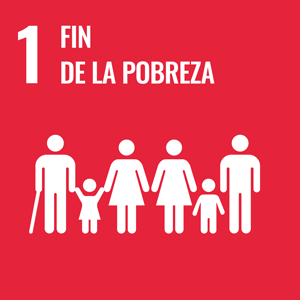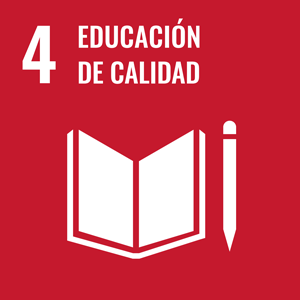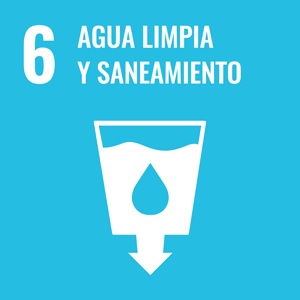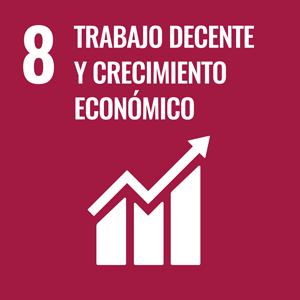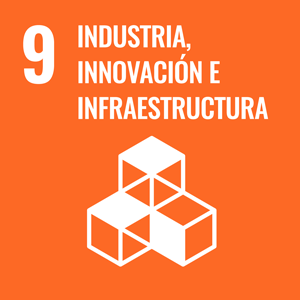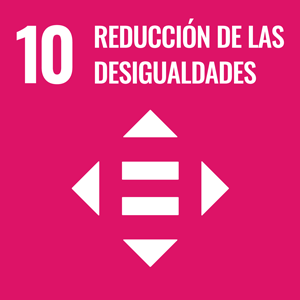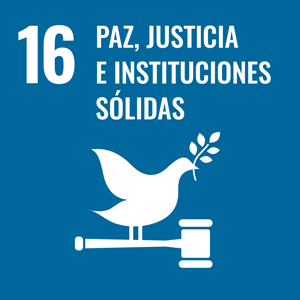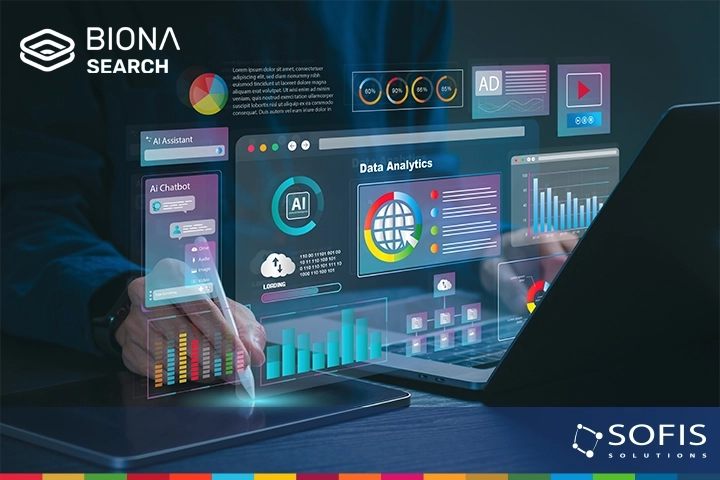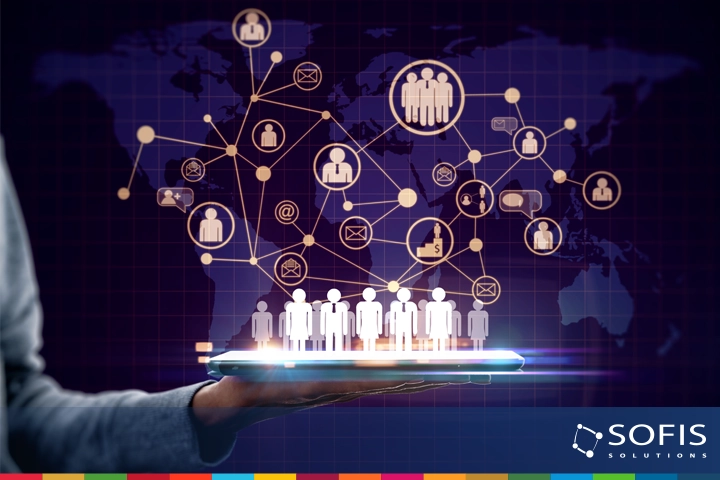-
Who we are
-
-
StrategyMission
To solve the challenges of organizations and communities through intelligent, secure, sustainable, and people-centered solutions, so they generate real value in their social and productive contexts.
VisionTo be the chosen company by organizations seeking to innovate with quality, purpose, and trust in the intelligent era.
Learn moreValues- Ethics and transparency
- Professionalism
- Respect
- Honesty
- Innovation
- Responsibility
- Effectiveness
- Integrity
- Customer orientation
- Punctuality
-
-
-
History
Sofis Solutions was born in 2005, in the city of Montevideo - Uruguay.
Since its inception, the main driver was and remains quality. This applies to processes, products, and relationships with the environment.The internationalization of the company It was one of the founding objectives. In the first stage, it expanded from Uruguay, and in the second stage, it opened offices in Latin American countries. Currently, it has offices in Montevideo, Panama, El Salvador and Ecuador.
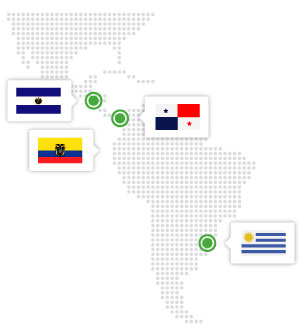
-
-
-
Alliances





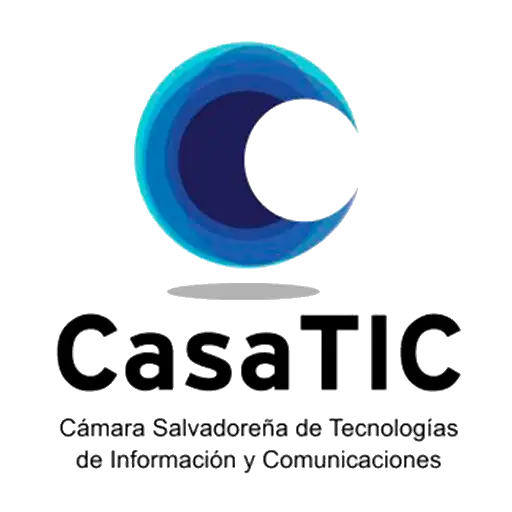


-
-
-
Certifications

CMMI-DEV-3
More informationNational Quality Award - 2023 Edition
More informationISO 9001:2015
Quality Management SystemISO 37001:2016
Anti-Bribery Management SystemISO 14001:2015
Environmental Management System
-
-
-
SustainabilityLearn more
Sofis Solutions integrates environmental, social, and governance (ESG) principles into its management and operations, driving sustainability through Digital Transformation. Its strategic approach prioritizes energy efficiency, digital inclusion, and transparency in digital governance, contributing to the responsible development of organizations.
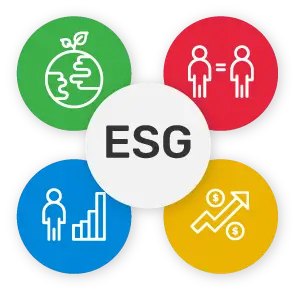
-
-
-
What we do
-
-
IT projectsLearn moreAt our Software Factory, we specialize in providing software development solutions with a focus on excellence and sustainability.
-
-
-
Software qualityOur software quality services comprehensively address the aspects or dimensions of software quality, addressing this approach throughout the entire software development cycle.
- Manual and automated functional suitability testing
- Performance testing
- Software product quality
- Software quality consulting
Learn more
-
-
-
Staff AugmentationLearn moreWhat is IT Staff Augmentation? IT Staff Augmentation is a specialized technical staffing model that enables organizations to increase their agility and respond to the changing technological needs of the market.
-
-
-
ConsultancyIn the public sector, strategic decisions and projects with citizen-centered designs and excellence have the power to transform entire communities.Learn more
-
-
-
BIonA SuiteBIonA Suite is a comprehensive platform for the intelligent management of processes and services in public and private organizations. BIonA Suite facilitates smart transformation with a focus on public value and user experience. Learn more
-
-
-
Projects
-
-
Recent projects
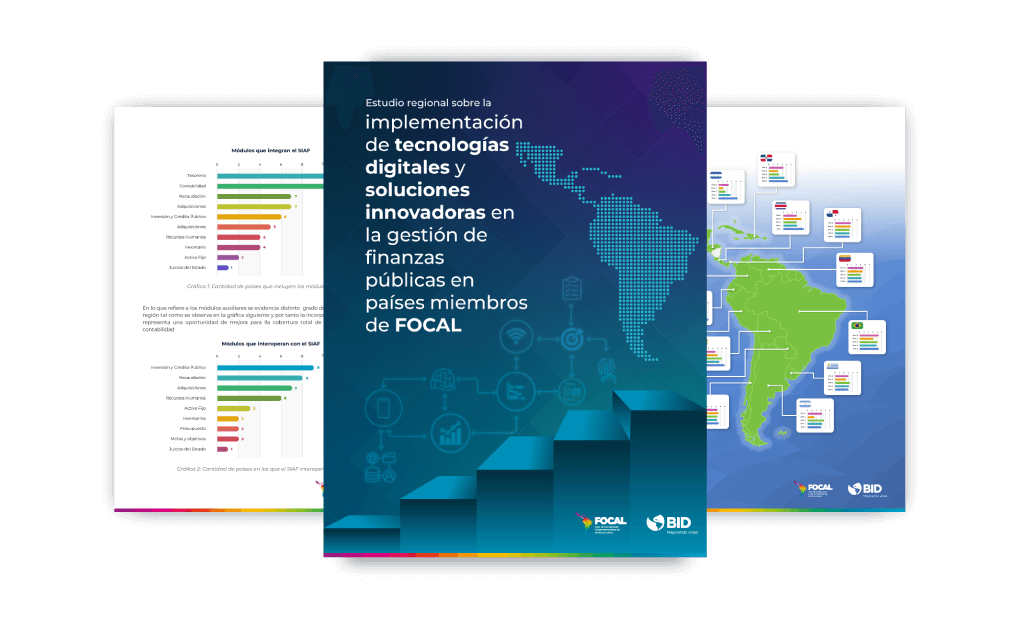 FOCAL Regional StudyFOCAL - El Salvador
FOCAL Regional StudyFOCAL - El Salvador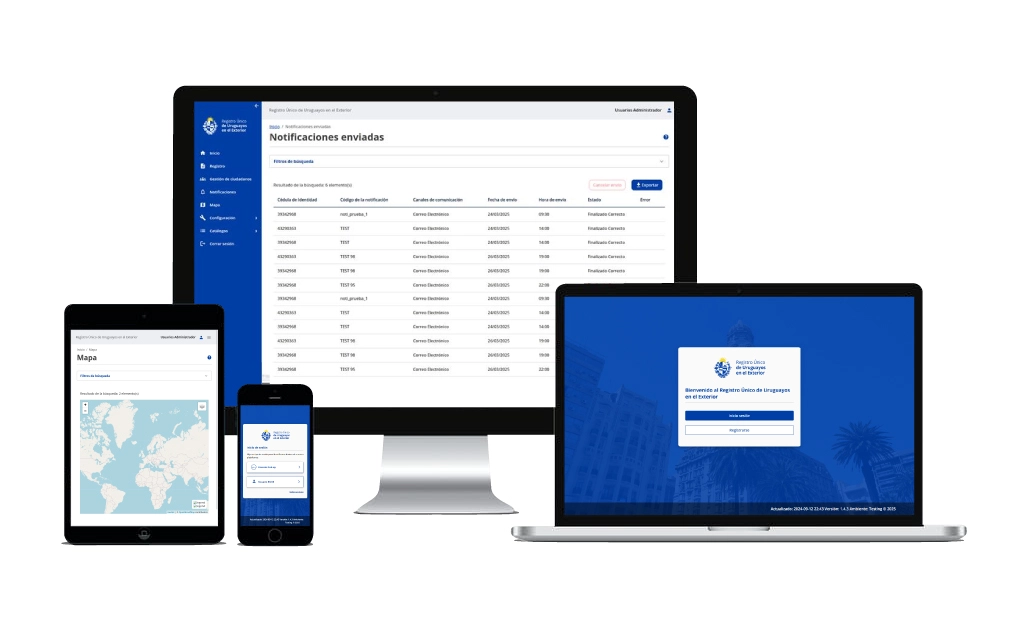 Single Registry of Uruguayans AbroadMinistry of Foreign Affairs - Uruguay
Single Registry of Uruguayans AbroadMinistry of Foreign Affairs - Uruguay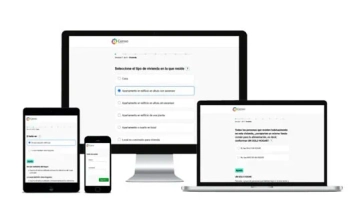 Population and Housing Census 2023National Institute of Statistics - Uruguay
Population and Housing Census 2023National Institute of Statistics - Uruguay
-
-
-
Digital Public InfrastructureWhat are Digital Public Platforms?ProjectsProducts
-
-
-
-
Mobile applicationsWe create hybrid, native, and PWA solutions for devices with Android and iOS operating systems.
Some of our projects:Digital Patrols, Ecuadorian Bovine Information System, Easy Budget UY, Digital Portfolio, SIGES Teachers App, SIGES Parents App.
Learn more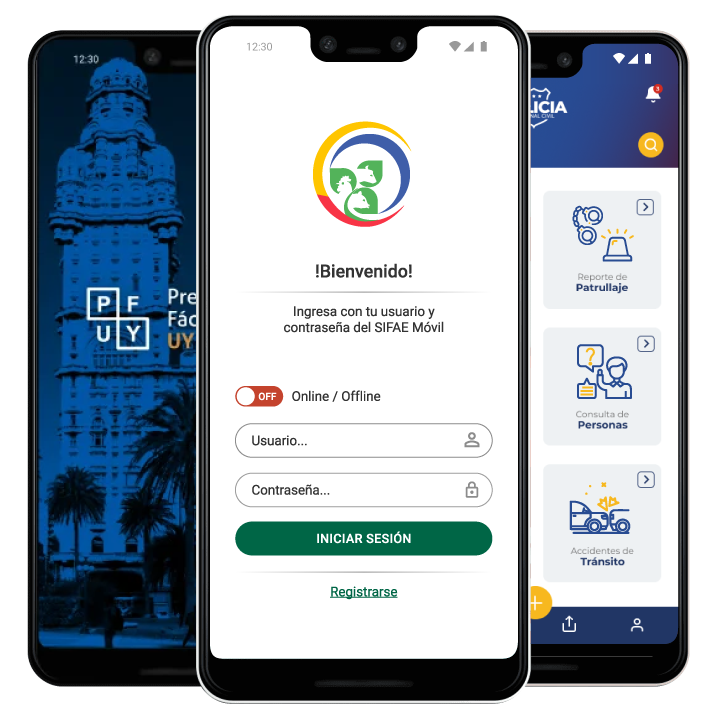
-
-
-
FOCAL regional studyThe purpose of the study was to carry out a regional analysis with the objective of identifying and evaluating the maturity level of the member countries of the Latin American Government Accounting Forum (FOCAL), currently composed of Argentina, Bolivia, Brazil, Chile, Colombia, Costa Rica, Ecuador, El Salvador, Guatemala, Honduras, Mexico, Nicaragua, Panama, Paraguay, Peru, Dominican Republic, Uruguay and Venezuela.Learn more
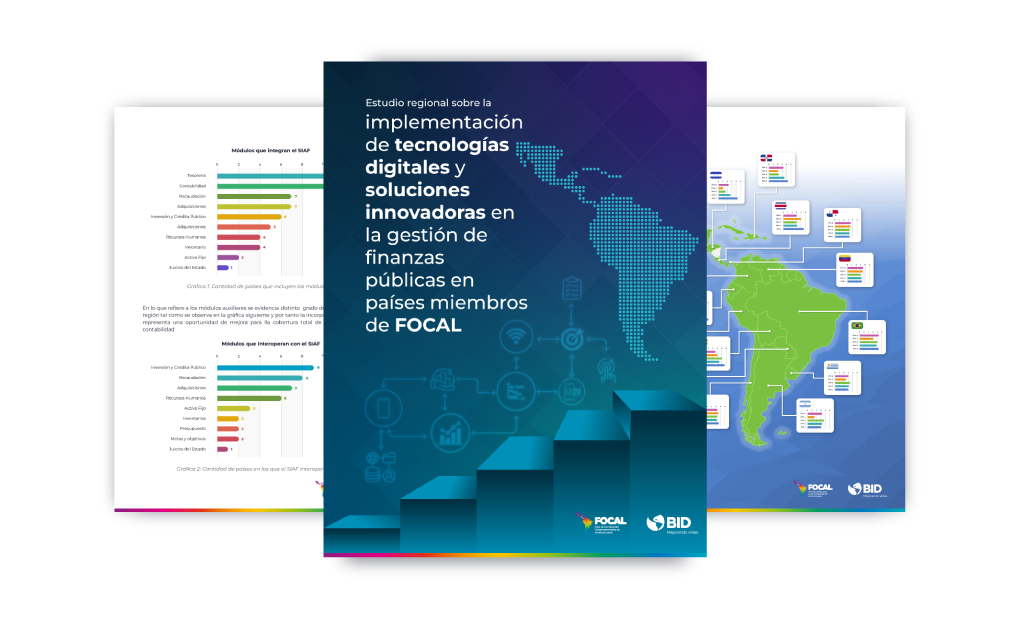
-
-
- AI
-
-
Artificial IntelligenceLearn moreAdvanced Artificial Intelligence (AI) and Big Data solutions that transform the way organizations make decisions and optimize their operations. We specialize in the development of intelligent autonomous agents and generative AI solutions using large language models (LLMs), both on local infrastructure and in the cloud.
-
- Press Room
-
-
Sustainable development
-
-
-
Interviews
 16/06/2025Virtual Threads in Java
16/06/2025Virtual Threads in Java
-
- Innovation
-
-
#GreenSofisMore information
Methodology
#GreenSofisSustainable Digital Transformation Conference
#GreenPath
-
-
-
AI For Everything
It is an initiative by Sofis Solutions, from the Intelligent Solutions Division, that promotes the adoption of artificial intelligence as a key driver of efficiency and effectiveness in the intelligent era.
It integrates both administrative and operational processes, promoting an organizational evolution where technology amplifies knowledge, optimizes decision-making, and generates value in a sustainable and inclusive way.
More information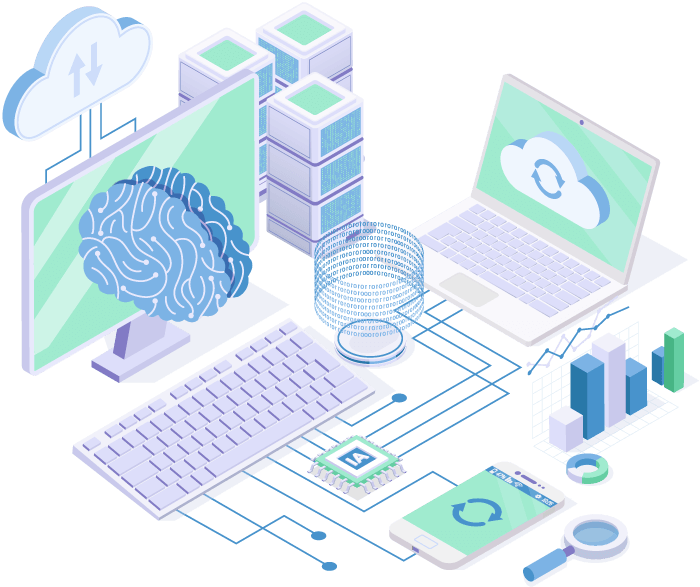
-
- Contact us
- ES PT-PT
-
En el año 2025, Sofis Solutions crea la División de Investigación y Desarrollo para las Infraestructuras Públicas Digitales
Its mission is to drive the evolution of digital public infrastructures through applied research, analysis of global trends, technological experimentation, and collaboration with governments, international organizations, and technical communities. This division aims to anticipate challenges, promote open and sustainable standards, and contribute to the development of secure, interoperable, inclusive, and public value–oriented digital ecosystems.

What is a Digital Public Platform?

The relevance of digital public platforms lies in their capacity to reduce technological fragmentation within the State, improve operational efficiency, and facilitate the implementation of people-centered digital services. By consolidating cross-cutting functions into common infrastructures, efforts are not duplicated, costs are reduced, and innovation in public services is accelerated.
According to the Digital Public Goods Alliance, “digital public platforms are digital public goods: if well designed, they allow governments to build better services, faster and at a lower cost,” clearly summarizing their strategic value.
The growing trend towards their adoption is driven by the need for integrated digital ecosystems, aligned with the recommendations of multilateral organizations and digital governance frameworks that promote their development as the foundation for sustainable and scalable digital transformation.
 Digital Identity Provides a secure, unique, and verifiable way to identify individuals and legal entities in the digital environment, enabling access to online public services.
Digital Identity Provides a secure, unique, and verifiable way to identify individuals and legal entities in the digital environment, enabling access to online public services. Interoperability and Open Data Enables the structured, secure, and efficient exchange of information among public agencies, and promotes data openness to foster transparency, innovation, and citizen oversight.
Interoperability and Open Data Enables the structured, secure, and efficient exchange of information among public agencies, and promotes data openness to foster transparency, innovation, and citizen oversight. Government Digital Services Includes platforms that allow users to carry out procedures and transactions online, focusing on user experience, administrative simplification, and 24/7 availability.
Government Digital Services Includes platforms that allow users to carry out procedures and transactions online, focusing on user experience, administrative simplification, and 24/7 availability. Security and Cybersecurity Comprises the capabilities needed to protect State data, infrastructures, and digital services from threats, ensuring integrity, confidentiality, and availability.
Security and Cybersecurity Comprises the capabilities needed to protect State data, infrastructures, and digital services from threats, ensuring integrity, confidentiality, and availability. Digital Payments and Public Digital Finance Enables mechanisms for collecting fees, taxes, and services, as well as making payments to and from the State, with traceability and efficiency.
Digital Payments and Public Digital Finance Enables mechanisms for collecting fees, taxes, and services, as well as making payments to and from the State, with traceability and efficiency. Shared Digital Services Reusable solutions (such as notifications, digital signatures, document management, among others) that can be integrated by multiple agencies, avoiding duplication and reducing costs.
Shared Digital Services Reusable solutions (such as notifications, digital signatures, document management, among others) that can be integrated by multiple agencies, avoiding duplication and reducing costs. Digital Inclusion and Accessibility Ensures that all people, regardless of their geographic location, abilities, or socioeconomic level, can access and benefit from the State's digital services.
Digital Inclusion and Accessibility Ensures that all people, regardless of their geographic location, abilities, or socioeconomic level, can access and benefit from the State's digital services. Artificial Intelligence and Big Data Incorporates advanced analytical capabilities to improve decision-making, anticipate demand, detect patterns, and optimize public management, always respecting ethical and legal principles.
Artificial Intelligence and Big Data Incorporates advanced analytical capabilities to improve decision-making, anticipate demand, detect patterns, and optimize public management, always respecting ethical and legal principles.A notable project is Mi Perfil de Uruguay, which includes verifiable credentials.

Key projects include the Social Areas Information System (SIIAS) and the interoperability of identity and vital statistics systems in Uruguay.

The tool BionaBPM, which enables the automation of online procedures, has been implemented in organizations in Uruguay, El Salvador, and Peru.


This includes integration with the payment gateway in Uruguay, El Salvador, and Panama.

Examples include the digital signature platform and the online procedures platform.

The initiative #GreenSofis is aligned with the provision of services that consider digital inclusion by design.

Sofis Solutions has been working on AI and Big Data initiatives in education, migration, and public finance, among others.













 Digital Signature
Digital Signature BionA Suite
BionA Suite Biona SIgn
Biona SIgn